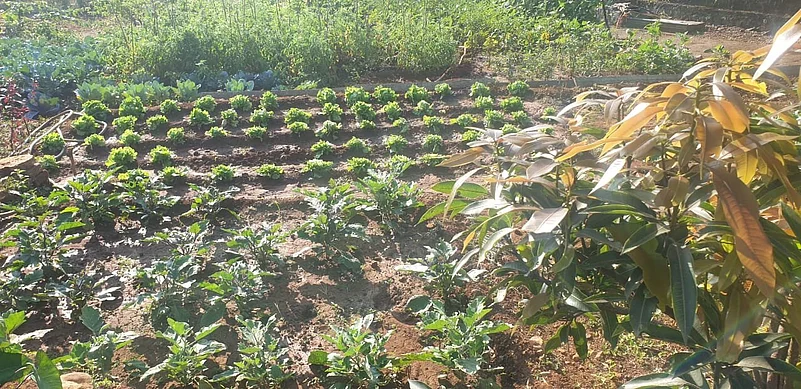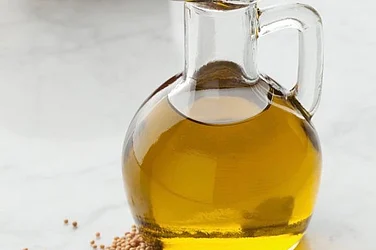Crop health is vital to food production. The threat increases with several diseases that are resistant to existing pesticides.
If you are facing plant diseases that are threatening food production, the solution may come from the little ant!
A new Danish study shows that ants excrete chemical compounds that effectively inhibit plant pathogens, even where current pesticides are not helping.
It was recently discovered that the African Tetraponera ant carries chemical compounds on its body that can kill MRSA bacteria – which are feared because they are resistant to known antibiotics and attack humans, reported an article.
However, plants, and thereby food production, are also threatened by resistant plant diseases. Therefore, plants may also benefit from the compounds produced by the ants to protect themselves, it added.
In a new study just published in the science journal “Journal of Applied Ecology”, three researchers from Aarhus University in Denmark have trawled through the existing scientific literature and found a surprisingly high number of chemical compounds from ant glands and ant bacteria that are able to kill important plant pathogens.
Ants live in dense societies in their nests and are thus exposed to high risks of disease transmission. They have, however, evolved their own medicine against diseases. The ants can excrete antibiotic substances from glands on the ant body and from colonies of bacteria that ants grow on their bodies.
“Ants are used to live in dense societies, so they have evolved a number of different antibiotics to protect themselves and their colonies. These compounds have a significant effect on a range of plant pathogens,” said a report quoting Joachim Offenberg from the Institute of Bioscience at Aarhus University.
“According to the study, the use of antibiotics from ants can be applied in at least three different ways: By using living ants directly in plant production, by chemically mimicking the ants’ defense compounds, or by copying the ant or bacterial genes that code for antibiotics and transplant these genes into plants,” added the report.
















